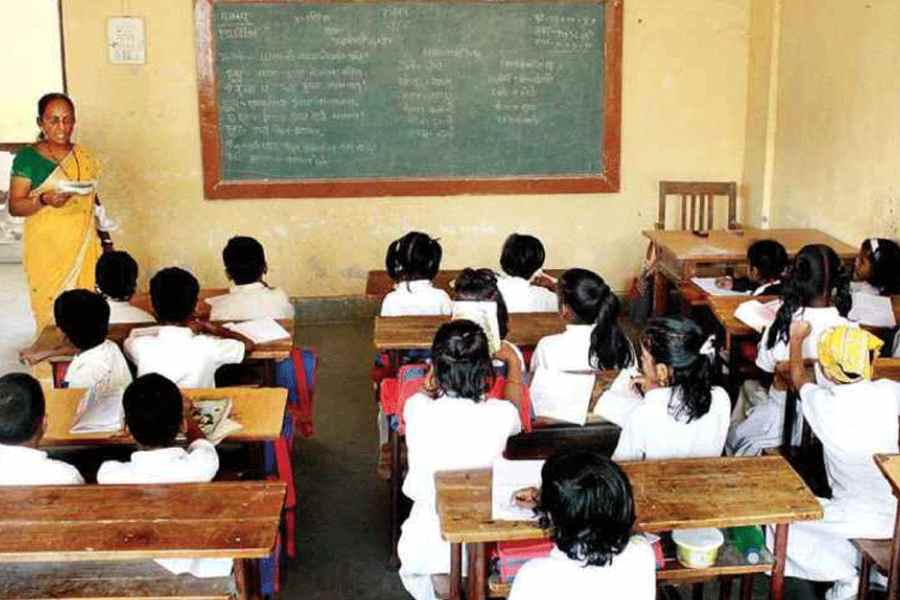Merit deserves to be rewarded; there can be no two ways about this principle. But the method of recognition can at times be a double-edged sword. Teachers and mental health professionals recently warned that the practice of distributing report cards and prizes to academically successful candidates in schools can breed a damaging culture of competition. The public display of accolades for a select few not only engenders mentally harmful comparisons among the students themselves but also leads to the inception of toxic rivalries spurred on by damaging discussions by parents on social media pages and in social circles. There is little respite even for the prize-winners: they are encouraged to maintain their pole position while those who are ranked slightly lower are pushed to do better to ‘beat’ the winners. That increasing competition takes a toll on the mental health of students is borne out by data. A 2022 survey undertaken by the ministry of education found that “studies” (49%) and “examination and results” (28%) were the most common causes of anxiety among students. Worryingly, National Crime Records Bureau data suggest that students accounted for 7.6% of all suicides in the nation in 2022. The rat race thus snuffs out lives.
What then should be the way forward to find a balance between the imperative of acknowledging merit without stoking cutthroat competitiveness? It is not as if schools have not experimented with ways to build bridges over chasms. The school uniform, for example, was meant to ensure egalitarianism in a socially-stratified classroom; then there is the clause of reserving 25% seats in private schools for underprivileged children under the Right to Education Act to encourage diversity and fraternity among peers. In the same vein, it has been suggested that honouring attributes like kindness and teamwork can be given due weightage. The ugly spectre of competition is, of course, a global phenomenon and countries are gearing up to address it. European nations, for instance, have shifted to a more qualitative system of assessment instead of report cards that encourage the inception of a hierarchy based on performance. Recently, the Czech Republic developed a new system of report cards where the primary focus is on students’ strengths and progress, and not grades. Similar introspection on methods of evaluation must begin in Indian schools to nip unhealthy competition in the bud.










